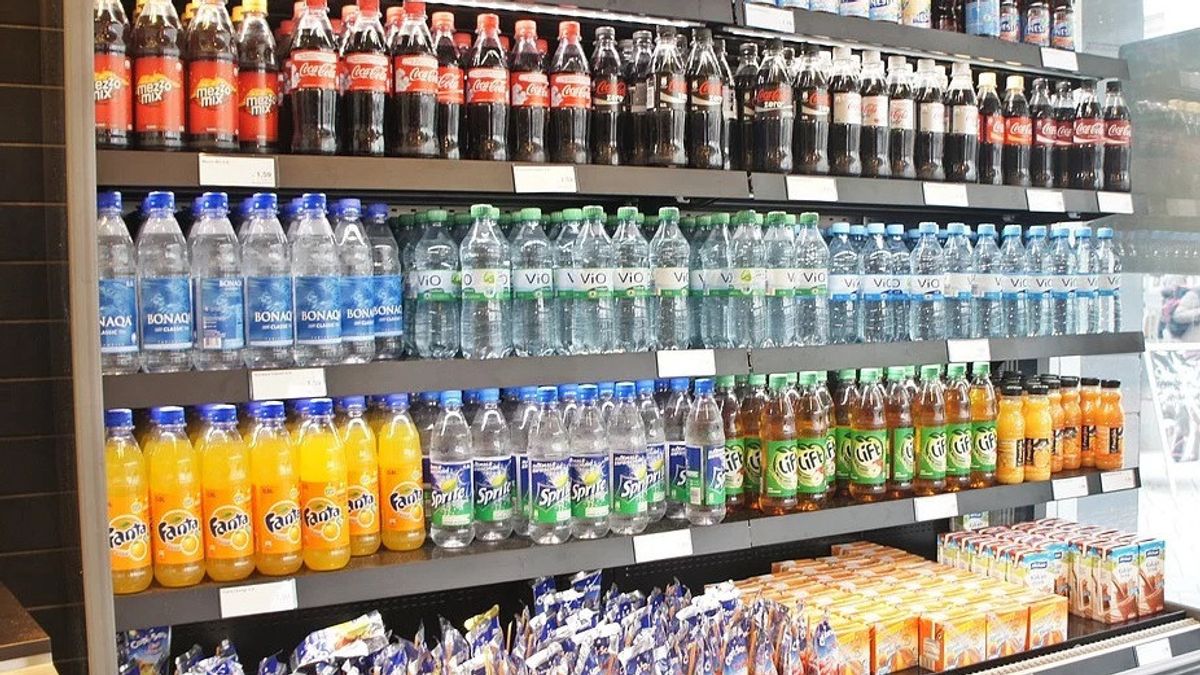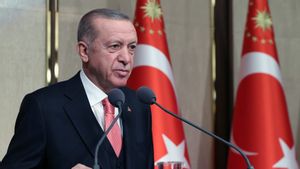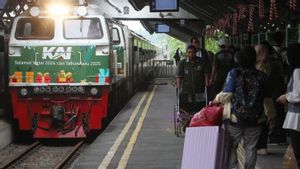JAKARTA - The government plans to impose excise on various sweetened drinks. Through this policy, the government hopes to reduce national sugar consumption to improve public health and at the same time increase state income.
With the imposition of this excise, a number of issuers that produce sweetened drinks will raise prices in order to maintain profitability, which of course will have an impact on sales levels. Bahana Sekuritas estimates that price increases will vary from 2 percent to 17 percent for various beverage brands.
"This excise tariff will be charged directly to consumers because issuers will experience difficulties in maintaining margins if they hold or postpone price increases," said Bahana Sekuritas analyst Giovanni Dustin in a statement received on Sunday, March 1.
According to him, issuers that produce less sweetened drinks and also those that produce sweetened drinks targeting the middle-upper class market will have a more limited impact than those that target the lower-middle class.
The finance ministry has proposed that sweetened beverage products be subject to excise duties of Rp 1,500 per liter for packaged tea. The production of packaged tea reaches 2.191 million liters per year, with a potential revenue of up to IDR 2.7 trillion.
For carbonated products, an excise tax of IDR 2,500 per liter is imposed. It is recorded that the production of this carbonated drink reaches 747 million liters, with the potential for state revenue to reach IDR 1.7 trillion.
The next recommendation is the excise tariff for other sweetened beverage products such as energy drinks, coffee, concentrates and others of IDR 2,500 per liter. The total production of this drink is 808 million liters with a potential revenue of IDR 1.85 trillion.
So that the total state revenue is estimated to reach IDR 6.25 trillion or around 3.5 percent of the state revenue target throughout 2020.
Several issuers that could be affected by the imposition of this excise tariff include PT Mayora Indah with the ticker code MYOR, PT Unilever Indonesia with the UNVR ticker code and PT Indofood CBP Sukses Makmur with the ICBP ticker code.
Bahana estimates that ICBP will increase prices by 10-17 percent for various types of drinks subject to excise, MYOR is expected to increase prices by around 4-6 percent, while UNVR will increase prices from 2-9 percent.
Unilever Not Too Affected
This state-owned securities estimates that the impact of this excise tax on UNVR will be more limited than the other two issuers. This is because the various beverage products that will be subject to excise are more targeting middle-upper class consumers who are more able to absorb the price increase compared to the other two issuers who are more targeting the lower middle class, which of course will find it more difficult to adjust their purchasing power to price increases.
"UNVR also benefits because currently people are increasingly migrating using premium products, which is the focus of Unilever," said Giovanni, who recommended buying UNVR shares with a target price of IDR10,150 / share.
Bahana estimates that Unilever's revenue will reach IDR 44.976 trillion by the end of 2020, with an estimated net profit of IDR 7.907 trillion throughout 2020, an increase of around 7 percent compared to last year's achievement.
The English, Chinese, Japanese, Arabic, and French versions are automatically generated by the AI. So there may still be inaccuracies in translating, please always see Indonesian as our main language. (system supported by DigitalSiber.id)













